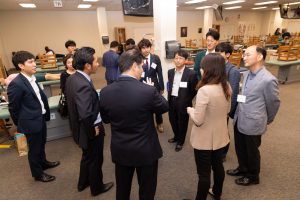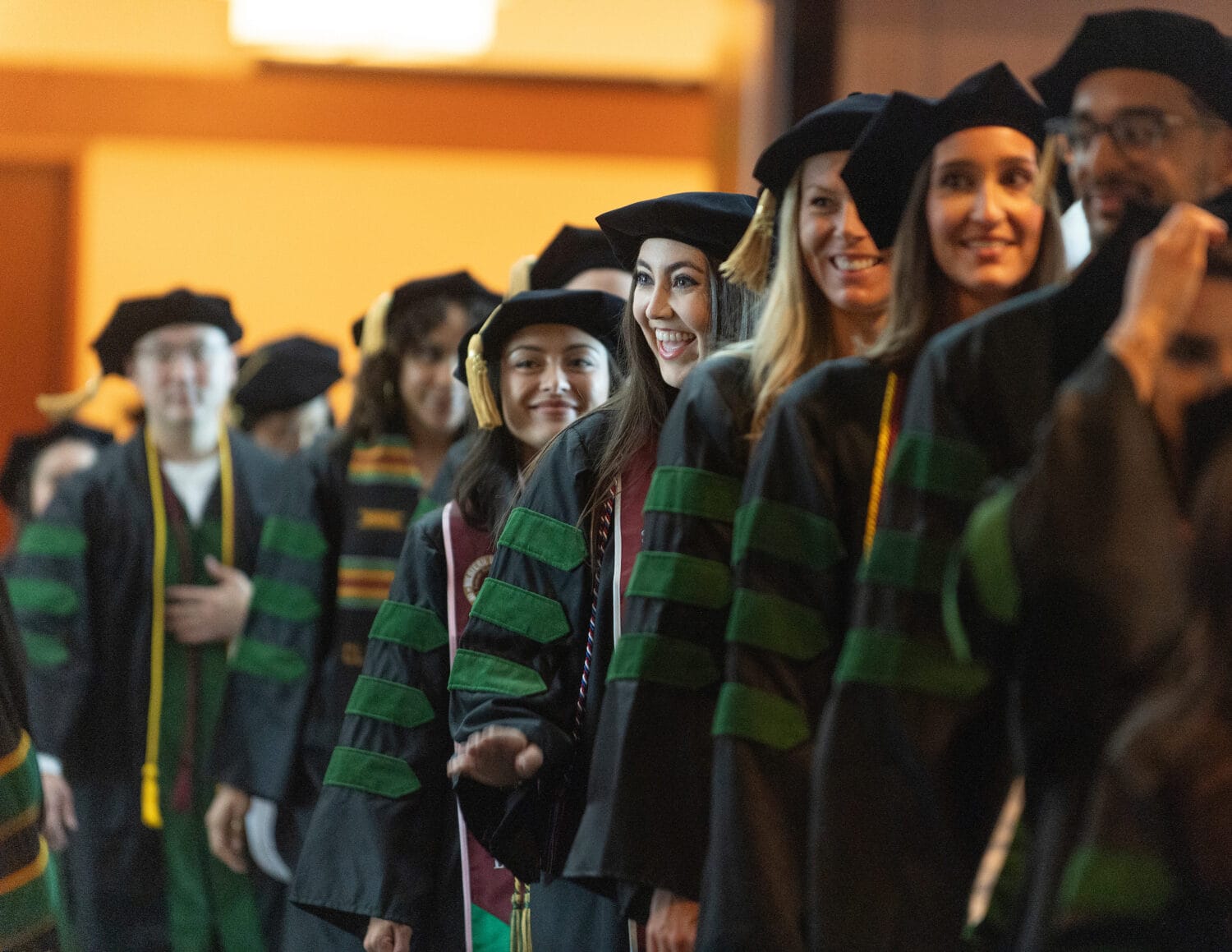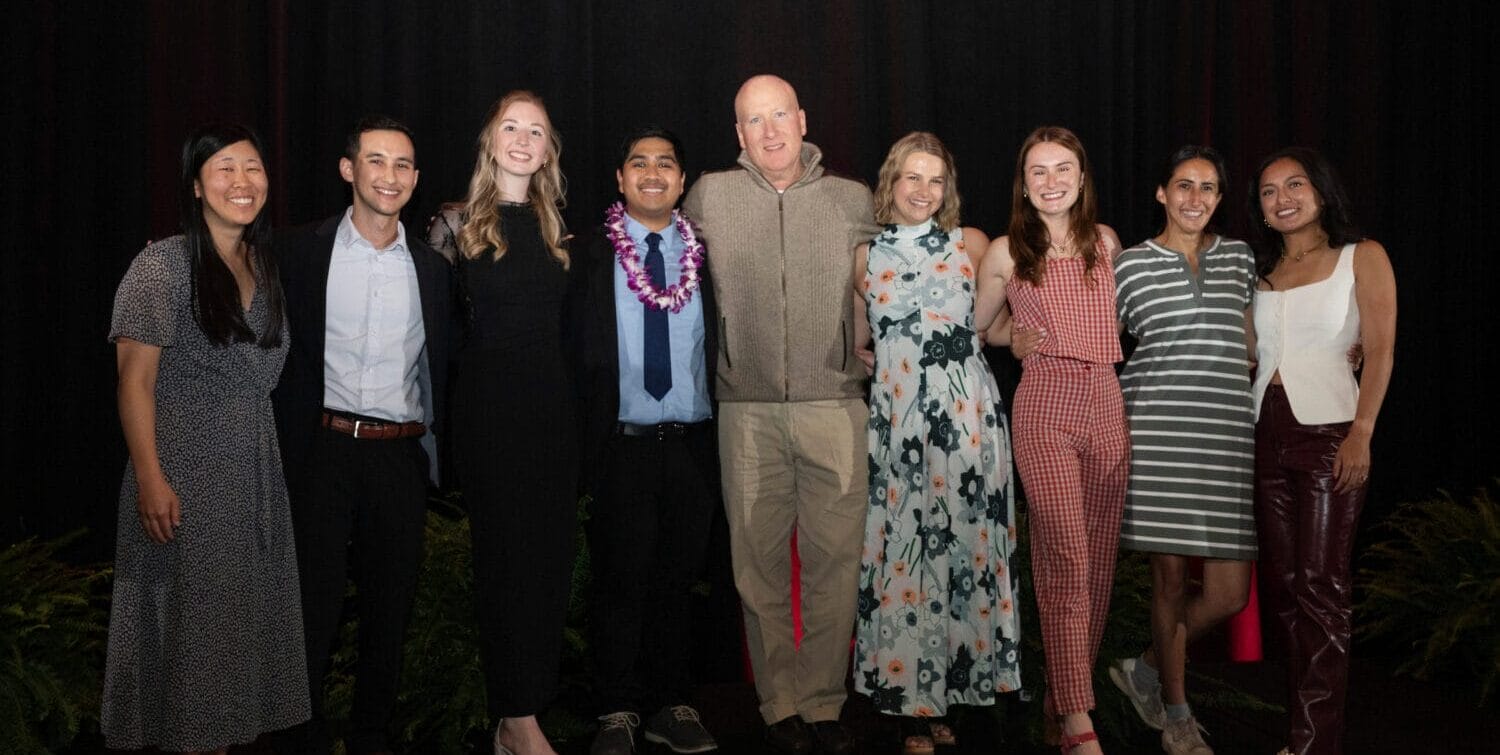Korean delegation visits WesternU for exploration of osteopathic medicine

A group of medical educators and evaluators from Korea visited Western University of Health Sciences to learn about osteopathic medicine.
Representatives from Jaseng Hospital of Korean Medicine, the Association of Korean Medicine, and the Institute of Korean Medicine Education & Evaluation learned about the WesternU College of Osteopathic Medicine of the Pacific (COMP) curriculum and residency training and toured WesternU’s Pomona, Calif. campus on Oct. 4, 2018. They ended their visit by meeting and sharing conversation with WesternU President Daniel R. Wilson, MD, PhD.
“I would like to give an extended very warm welcome to all of you and thank you for making the trip to visit us at Western University of Health Sciences,” said COMP Dean Paula Crone, DO ’92. “I look forward to getting the chance to talk with all of you and for us to have the opportunity to share our story about osteopathic medicine at WesternU, and to learn from you.”
The visitors wanted to learn more about osteopathic medicine as they consider DO practicing rights in Korea and look for a medical model that bridges Korea’s two branches of medicine – allopathic and traditional Korean medicine, said Sung Soo Chung, associate director of Michigan State University’s Institute of International Health, who has helped facilitate collaborations between Jaseng and U.S. institutions. They also are open to future research and educational collaborations between osteopathic medicine and Korean medicine.
Jaseng has 20 hospitals in Korea and six clinical sites in California, Chung said. Traditional Korean medicine and osteopathic medicine share a holistic approach to treating patients, he said.
COMP administrators talked about the College’s curriculum, explaining that students have traditional lectures as well as more interactive group discussions where they are encouraged to work together while learning to access and critically evaluate medical literature. COMP students are given extensive clinical skills training with standardized patients – actors who pretend to be patients – and on clinical rotations.
“The osteopathic philosophy is the body functions as a whole. Structure and function are interrelated and the body has the ability to heal itself,” said COMP Chair of Family Medicine Dat Trinh, DO ’03, MSHPE ’03. “From day one, students are learning how to help the patient and how to use their clinical skills, and how to understand that philosophy and treat patients with their hands.”



